By Rosie Carter
Senior policy officerHOPE not hate
charitable trust
THIS year will be remembered for one thing – the Covid-19 pandemic and what it revealed about Britain.
We saw the sacrifice of our frontline health and care staff; a new-found appreciation of the people whose work we too often take for granted, from delivery drivers to supermarket staff; and communities and neighbours coming together to help people through this tough time.
But the crisis has also exposed some of the faultlines buried deep in our society. We saw people from ethnic minority groups suffer disproportionately during the pandemic (both from Covid-19 itself and the lockdown), countrywide anti-racism protests and a racist backlash, and the scapegoating of religious and ethnic minorities by the far-right, and occasional mainstream voices.
While commentators and pundits debated these issues on the airwaves and in print, we at HOPE not hate charitable trust wanted to find out what Britain’s diverse minority communities thought themselves. We commissioned one of our regular BAME polls – an approach that is still relatively rare. We surveyed just over 1,000 people from across the BAME population (a much larger sample than would be found within a nationally representative poll), that while not without limitations, still gave us a worthwhile snapshot of opinion.
What we found was that despite their differences, there is a still a strong solidarity between Britain’s ethnic minority communities. At the same time, there are areas of tension that communities can’t be complacent about and which we must all work hard to quell.
When it came to the recent Black Lives Matter protests, a majority of those who identified as Bangladeshi, Chinese, Indian, Pakistani, mixed, or from another minority ethnic group voiced support for the protests, even if they did not necessarily feel the protests reflected all their own concerns.
Overall interfaith relationships were good, with more people feeling positive towards other faiths than negative. About 33 per cent of Hindus had a positive view of Muslims and 41 per cent of Muslims had a positive view of Hindus – all larger than the negative views.
However, 31 per cent of Buddhists and 29 per cent of Hindus did have negative views of Muslims, and 20 per cent of Muslims shared negative views of Hindus. There was also concern over religious fundamentalism, with under half of all respondents concerned about Muslim fundamentalism, roughly a quarter concerned about Hindu fundamentalism and just over a fifth about Sikh fundamentalism.
The larger positive sentiment in all communities showed that interfaith initiatives have a solid foundation upon which to create bridges across divides and push back against fundamental and intolerance That is especially important when we consider that our data shows younger people from BAME communities are more likely to see themselves as religious than those over 45 years old.
But our research laid bare the real concerns about racial inequalities and discrimination that ethnic minorities faced; from verbal and physical abuse, unfairness in the justice system, and the health and economic effects of the pandemic, which we fully detail in our report. It also revealed less discussed questions about intra-community tensions. We found that twice as many people agreed (40 per cent) than disagreed (21 per cent) that there is more tension between Britain’s different minority communities than there is between white and non-white communities, while 39 per cent were neutral on the question.
While not the biggest issue facing Britain’s ethnic and religious communities by any means, the research revealed that we need bridge builders in every community in this country, people who are able to create hope, trust and solidarity across ethnic and religious divides.
It also showed that we all, as the overwhelming majority who support solidarity over separation and friendship over friction, must speak together to drown out the voices who would divide us, and speak up for a shared future.




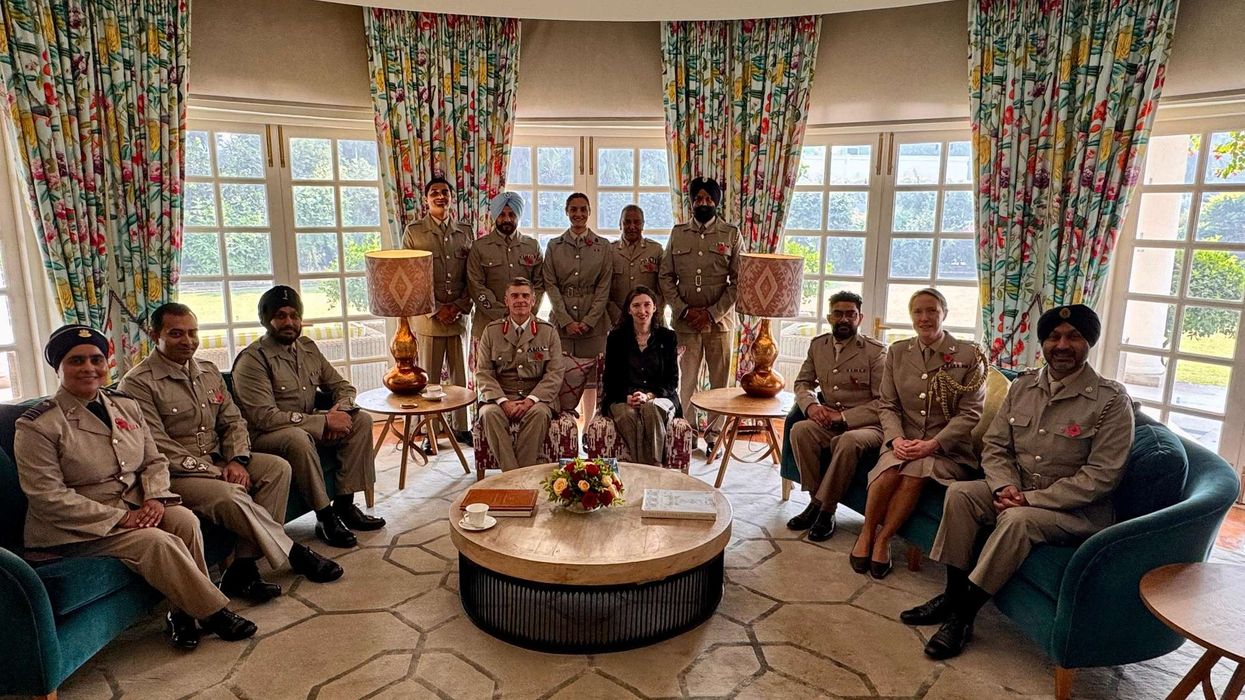
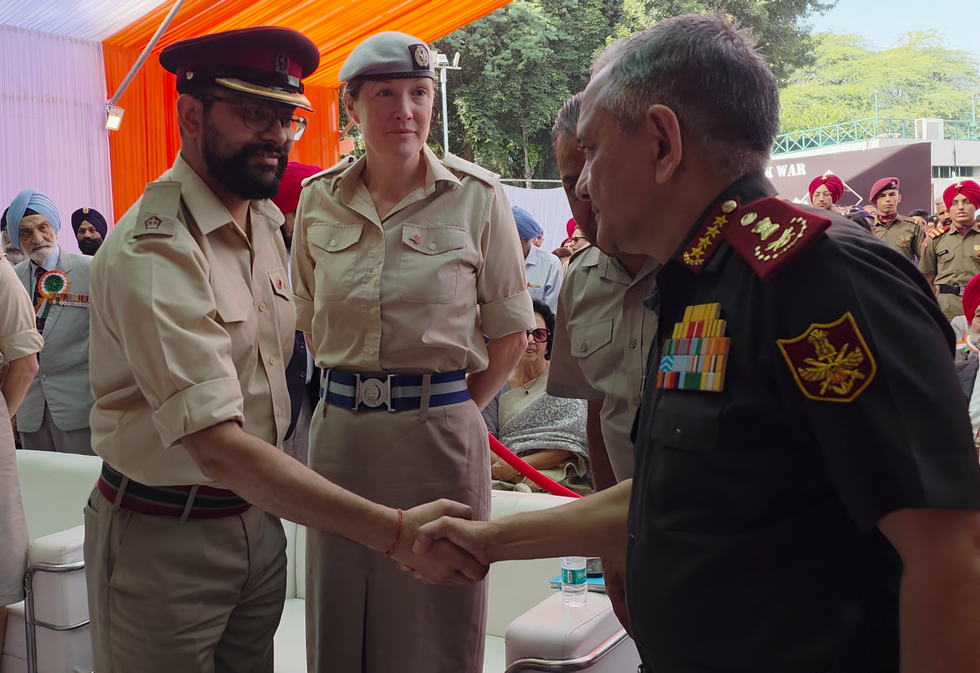

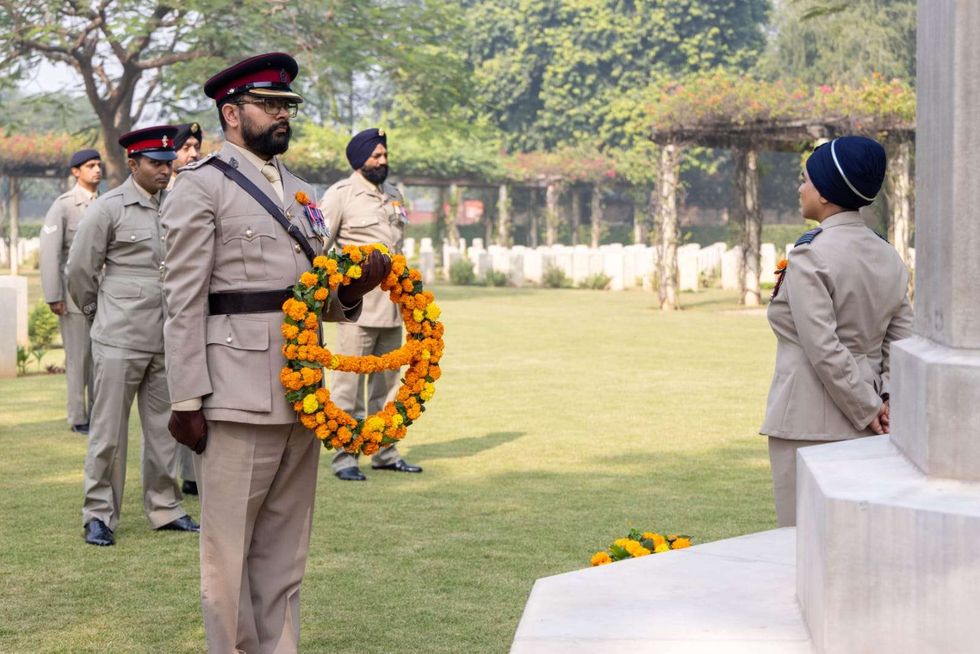
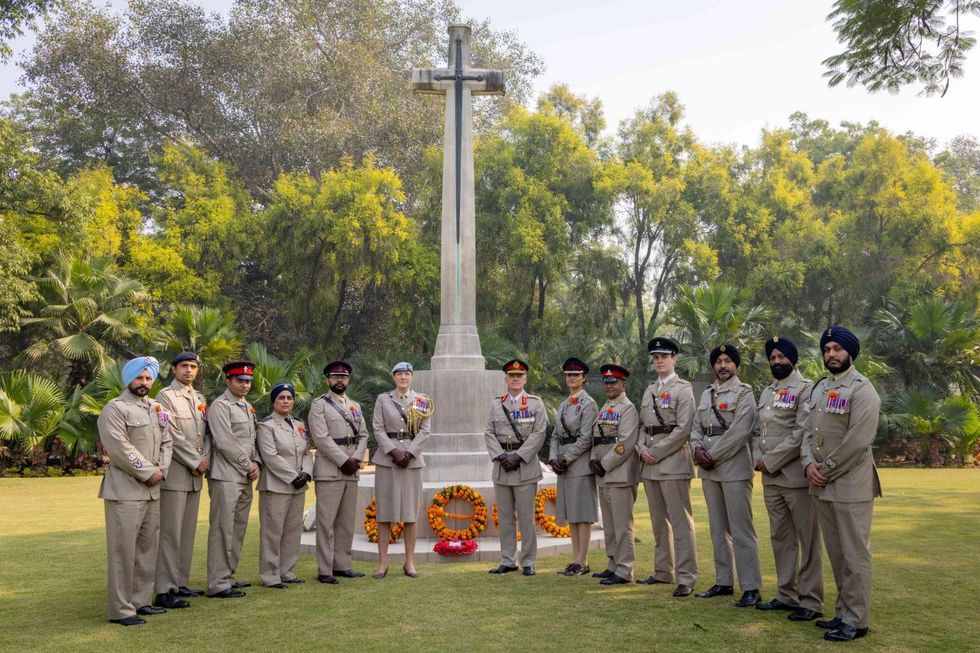
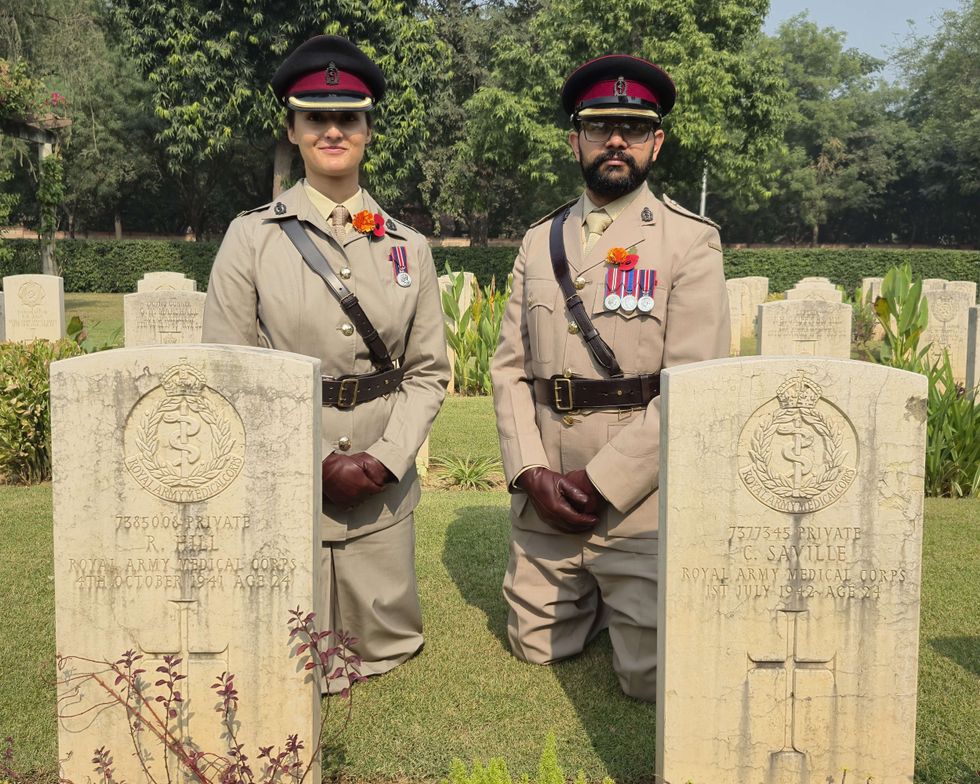







Most Britons ‘support solidarity over separation’